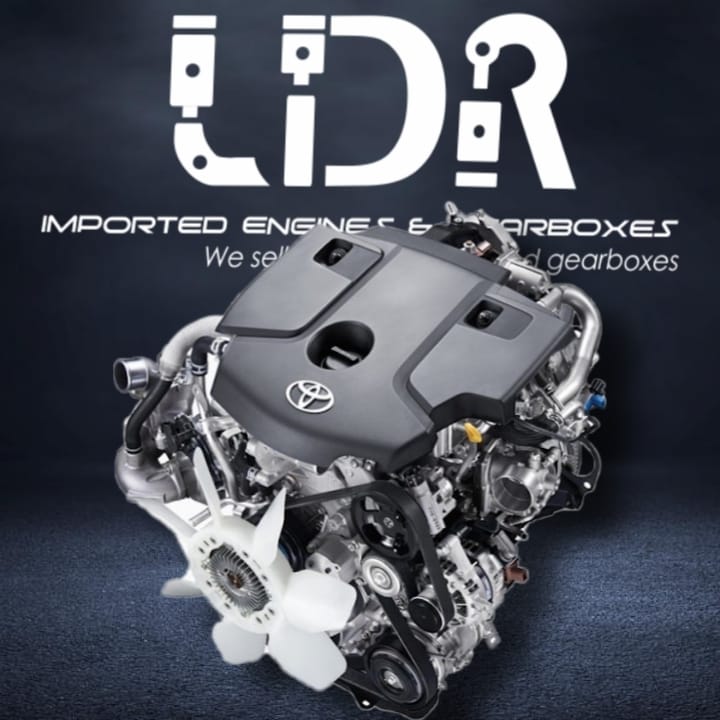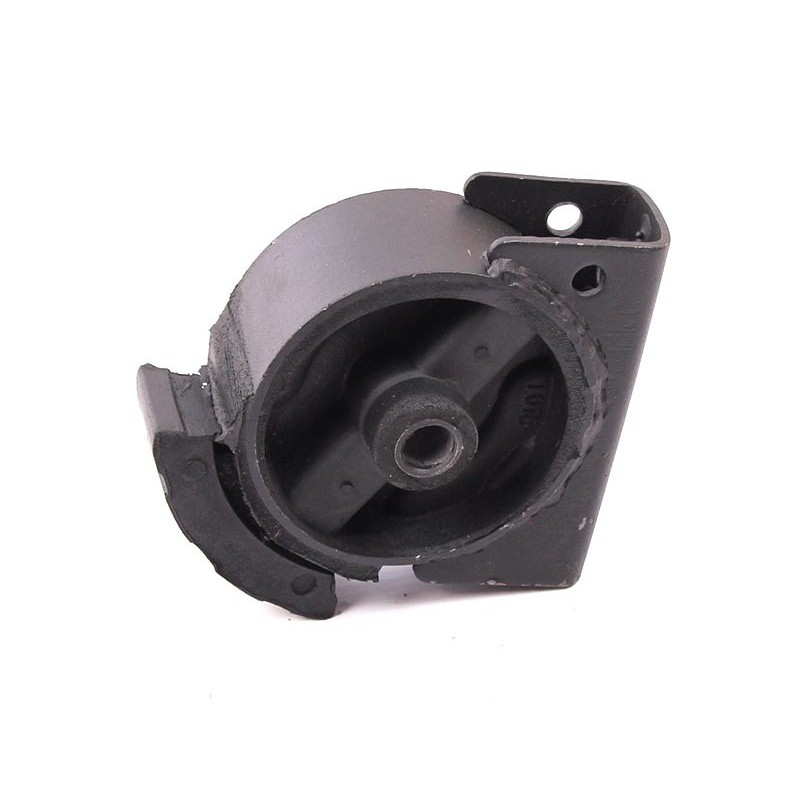Engine Acquiring Expert Tips on Selecting the Right Engine for Your Details Needs
Picking the ideal engine for your specific requirements includes an intricate interaction of aspects that exceed plain horse power numbers. From power output to fuel efficiency, the decision-making procedure can be daunting. Comprehending the nuances of engine types, sizes, and their compatibility with your car is vital. There are experienced tips that can help browse this surface with confidence. By diving into the details of power versus performance, reviewing gas rankings, and budgeting for long-lasting expenses, one can genuinely optimize their engine option.
Power Vs. Efficiency: Locating the Balance

When choosing an engine, it is important to strike a balance between power and performance to fulfill your certain needs effectively. Power describes the engine's capacity to create energy for propulsion, establishing variables like velocity, hauling ability, and overall performance (Toyota Tazz Engine For Sale). On the other hand, performance relates to exactly how well the engine utilizes fuel to create power, influencing elements such as fuel economic situation and ecological kindness
Accomplishing the best equilibrium between power and effectiveness is essential since an engine that is as well effective may eat excessive gas, resulting in higher operating prices and unneeded stress on the setting. On the other hand, an engine that focuses on effectiveness over power might result in slow-moving performance, specifically in demanding scenarios like lugging hefty loads or driving uphill.
To make an educated decision, think about variables such as your regular driving problems, the intended usage of the lorry, and your personal choices. By evaluating your needs and top priorities, you can pick an engine that strikes the ideal equilibrium between power and effectiveness, ensuring optimum performance while lessening environmental influence and operating expense.
Understanding Engine Dimension and Type

In addition, engine kind plays a critical role in establishing the performance qualities of an engine. Usual engine kinds consist of inline engines, V engines, and rotary engines, each with its one-of-a-kind advantages and downsides. The engine kind influences variables such as the engine's dimension, weight circulation, and power delivery. Comprehending the interplay between engine dimension and kind is crucial in choosing an engine that lines up with your particular needs and priorities, whether it be power, performance, or an equilibrium of both.
Consider Your Car's Requirements
If you are looking for an engine for a sturdy truck that will certainly be made use of for towing, you will require an effective engine with high torque capacities. On the various other hand, if you are selecting an engine for a small auto primarily utilized for city commuting, fuel performance might be an extra essential factor to consider.

Reviewing Gas Performance Ratings
Analyzing gas performance scores is a critical facet of picking the best engine for your automobile, making certain price financial savings look at this site and environmental sustainability. Gas effectiveness ratings, generally determined in miles per gallon (MPG) for gasoline engines or kilowatt-hours per 100 miles (kWh/100 miles) for electric engines, show just how far a vehicle can take a trip on a specific quantity of fuel or power. Higher MPG or lower kWh/100 miles worths symbolize much more reliable engines, translating to minimized fuel prices and reduced carbon discharges.
Furthermore, contrast different engine choices within the very same car course to recognize the most cost-effective option. Elements such as engine dimension, weight, the rules of aerodynamics, and hybrid or electric capacities can all influence fuel performance.
Budgeting for Long-Term Costs
Tactically preparing for long-lasting expenses is critical when picking an engine, making sure economic sustainability over the automobile's life-span. While the preliminary purchase rate of an engine is a significant element, it is vital to think about the long-lasting expenses connected with maintenance, fixings, and fuel consumption.
Additionally, looking into the schedule and expense of replacement parts for the picked engine is crucial in budget plan planning. Engines with cost effective and readily available components can considerably impact long-lasting maintenance costs. Additionally, taking into consideration the engine's toughness and anticipated life expectancy can help stay clear of unforeseen substitute expenses in the future. By very carefully budgeting for these long-term costs and factoring them into the decision-making process, individuals can select an engine that not only satisfies their immediate requirements but additionally remains economical throughout its life-span.
Conclusion
In final thought, choosing the right engine for your specific requirements requires balancing power and efficiency, comprehending engine size and kind, considering your vehicle's demands, examining gas efficiency scores, and budgeting for long-lasting expenses. By very carefully thinking about these factors, you can make certain that you select an engine that meets your demands Extra resources and supplies optimal performance for your automobile.
To further fine-tune the choice procedure of an engine that strikes the ideal balance between power and effectiveness, it is important to dive into the ins and outs of understanding engine dimension and type. Engine dimension refers to the complete quantity of air and fuel that can be pushed with the engine cyndrical tubes. Usual engine kinds consist of inline engines, V engines, and rotating engines, each with its unique benefits and drawbacks. Comprehending the interplay between engine size and type is important in picking an engine that straightens with your certain demands and concerns, whether it be power, performance, or an equilibrium of both.
Fuel efficiency rankings, commonly gauged in miles per gallon (MPG) for gas engines or kilowatt-hours per 100 miles (kWh/100 miles) for electrical engines, suggest how much a car can take a weblink trip on a certain amount of gas or electricity.